Geotechnical engineering
Geotechnical engineering is a practice that relates to the engineering behaviour of the earth and its materials. As a branch of civil engineering it is of great importance to construction activities taking place on the surface or within the ground, as well as to mining, coastal, drilling and other disciplines.
Despite having considerable overlap, geotechnical engineering differs from engineering geology in that it is a speciality of engineering, whereas the latter is a speciality of geology.
Geotechnical engineers are responsible for evaluating subsurface and soil conditions and materials, using the principles of soil and rock mechanics. They are commonly appointed as consultants on construction projects. Engineers also examine environmental issues such as flood plains and water tables. By doing so, they are able to determine whether a particular site is suitable for a proposed project, and can inform the engineering design process with regard to how ground conditions can be made safe and effective for construction.
From geotechnical surveys, engineers will be able to evaluate the stability of the ground, including any slopes and soil deposits, assess any risks and/or contamination, and help to determine the types of foundations and earthworks that will be required. The potential for hazards such as landslides, earthquakes and other seismic activity can also be assessed.
Geotechnical engineers can be involved in ‘ground improvement’, in which soil is treated through a variety of different techniques to improve strength, stiffness, and/or permeability.
Geotechnical engineering is also important in coastal and ocean engineering, in relation to building wharves, jetties, marinas and coastal defences, as well as foundation and anchor systems for offshore structures such as oil rig platforms. Engineers may also work on embankments, tunnels, channels, reservoirs, irrigation systems, and so on.
NB Roles in construction projects: analysis and terminology, by Hughes, W. and Murdoch, J. R, published in 2001 by the University of Reading, defines a geotechnical engineer or geotechnic engineer as a: ‘Consultant with specific responsibility for contributing advice and information on aspects connected with conditions below the surface of the ground.’
[edit] Related articles on Designing Buildings
Featured articles and news
For the World Autism Awareness Month of April.
70+ experts appointed to public sector fire safety framework
The Fire Safety (FS2) Framework from LHC Procurement.
Project and programme management codes of practice
CIOB publications for built environment professionals.
Sustainable development concepts decade by decade.
The regenerative structural engineer
A call for design that will repair the natural world.
Buildings that mimic the restorative aspects found in nature.
CIAT publishes Principal Designer Competency Framework
For those considering applying for registration as a PD.
BSRIA Building Reg's guidance: The second staircase
An overview focusing on aspects which most affect the building services industry.
Design codes and pattern books
Harmonious proportions and golden sections.
Introducing or next Guest Editor Arun Baybars
Practising architect and design panel review member.
Quick summary by size, shape, test, material, use or bonding.
Types of rapidly renewable content
From forestry to agricultural crops and their by-products.
Terraced houses and the public realm
The discernible difference between the public realm of detached housing and of terraced housing.








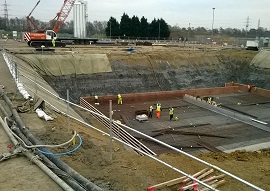

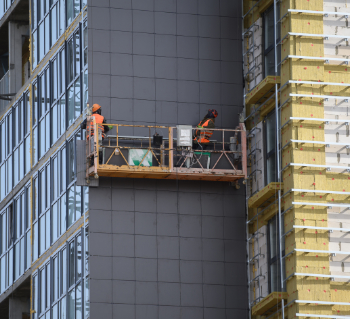
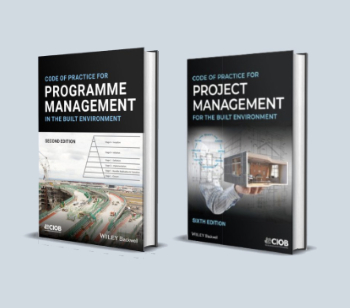

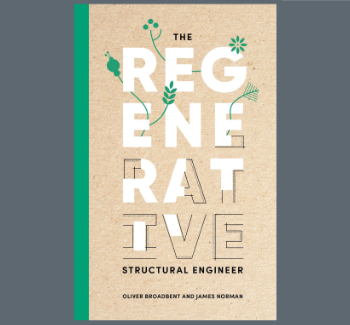

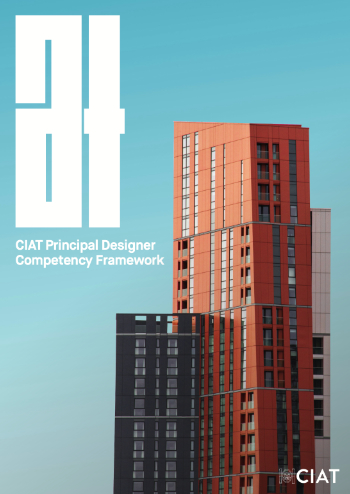
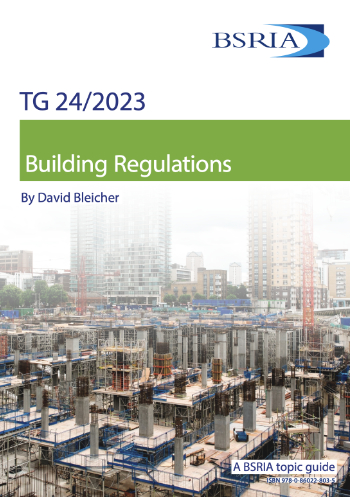





Comments
Rabio Vegetariano